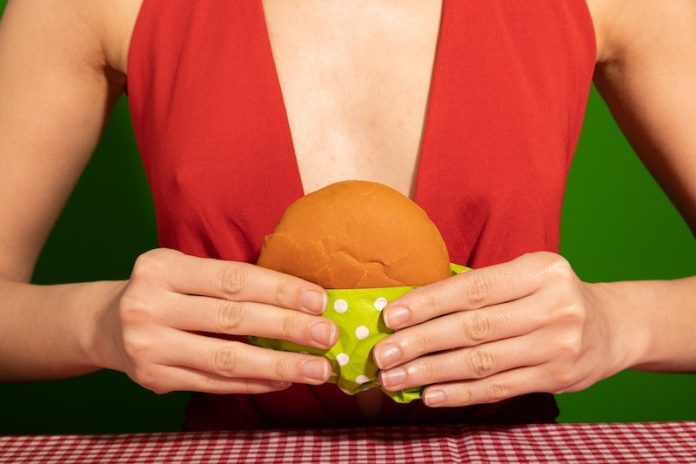
Feeling lost in a sea of food advice? You’re not alone.
It’s hard to know what’s best for your health when there’s so much conflicting information out there.
But don’t worry, we’re here to help you make better decisions.
This guide will clear up common food myths and provide practical tips for a healthier lifestyle.
Favorite Foods and Weight Loss
Myth: You must say goodbye to all your beloved foods to shed pounds.
Fact: This isn’t true! Losing weight doesn’t mean you must completely abandon your cherished foods. You can still enjoy small portions of high-calorie foods.
The key to weight loss is burning more calories than you consume, so it’s important to keep track of your total calorie intake.
Tip: Try limiting foods that are high in calories. The Dietary Guidelines for Americans 2020-2025 suggest daily calorie needs based on age, sex, and activity level.
Are Grains the Enemy?
Myth: Bread, pasta, and rice cause weight gain, so you should avoid them.
Fact: Contrary to the myth, grains aren’t inherently fattening or bad for you. Swapping refined grains (like white bread and pasta) with whole grains can be healthier and help you feel more satisfied.
Whole grains, such as brown rice and whole-wheat bread, provide important nutrients like iron and fiber.
Tip: Try switching from white bread to whole-wheat bread and from regular pasta to whole-wheat pasta. When making mixed dishes, use brown rice instead of white.
Gluten-free for Health?
Myth: Eating gluten-free foods will make you healthier.
Fact: Gluten-free diets aren’t necessarily healthier unless you have celiac disease or gluten sensitivity.
Gluten is a protein in wheat, barley, and rye grains, and avoiding it without a medical reason may mean you miss out on essential vitamins, fiber, and minerals. A gluten-free diet isn’t designed for weight loss.
Tip: If you suspect you have issues with gluten, speak with a healthcare professional before cutting out a whole food group.
The Truth about Fats
Myth: All fats are bad if you’re trying to be healthy or lose weight.
Fact: Fats are essential for health and can be part of a balanced diet. However, because fats are high in calories, they should be eaten in moderation.
Some foods with healthy fats like avocados, olives, and nuts can be included in your diet, but keep portions small.
Tip: Aim to consume less than 10 percent of your daily calories from saturated fats. Replace solid fats with healthier options, such as using olive oil instead of butter in cooking.
Dairy: A Diet’s Friend or Foe?
Myth: Dairy products are unhealthy and fattening.
Fact: Dairy products provide essential nutrients like protein and calcium. They’re important for muscle and organ function, as well as bone health.
Fat-free or low-fat dairy products have fewer calories and can be part of a balanced diet.
Tip: Aim for three servings of low-fat or fat-free dairy products a day. If you’re lactose intolerant, consider fortified soy products or other calcium and vitamin D-rich alternatives.
The Vegetarian Route
Myth: Going vegetarian will automatically help you lose weight and be healthier.
Fact: A vegetarian diet can be associated with lower obesity levels and reduced risk of heart disease. But remember, weight loss only happens if you cut calories.
Not all vegetarian choices are low-calorie or low-fat. A balanced diet can include lean meats too.
Tip: If you opt for a vegetarian diet, ensure you’re getting all necessary nutrients.
With all these tips and facts in mind, remember: a balanced diet and regular exercise are key for health.
Make informed choices, listen to your body, and consult with healthcare professionals if you have specific dietary needs. Happy healthy eating!
Follow us on Twitter for more articles about this topic.
Copyright © 2023 Scientific Diet. All rights reserved.








